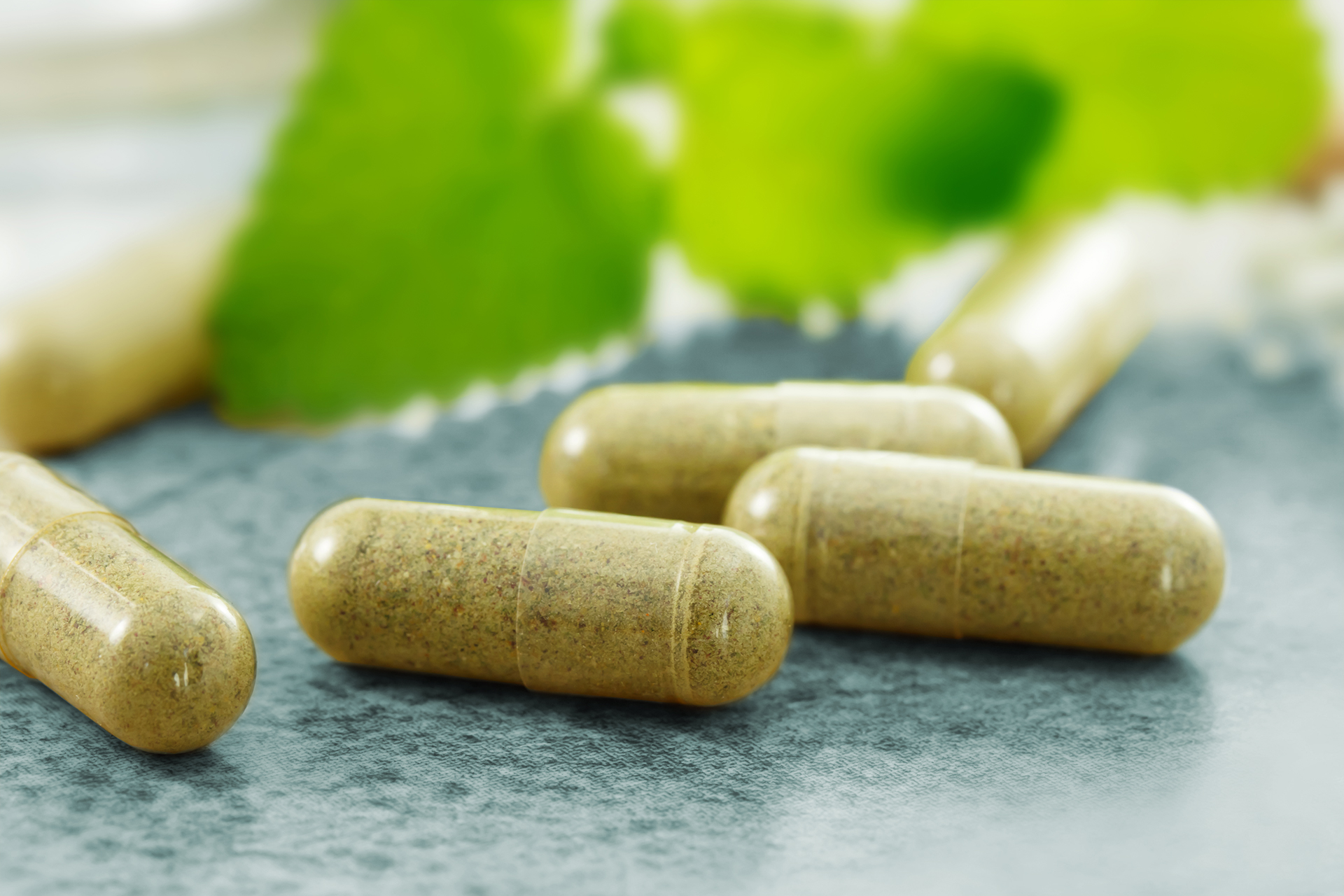You’ve seen it in the drug store. Perhaps you’ve even heard your doctor mention it to you. But what is ashwagandha, and what exactly does it do? Pronounced “aash-wuh-gaan-duh,” the plant is also known as “Indian ginseng” and “Withania somnifera,” native to Asia and Africa where it has been used for thousands of years to treat pain, inflammation, and insomnia.
What Are Adaptogens?
Adaptogens are herbs and other plant-based remedies that increase the body’s resistance against stressors, bacteria, and toxins. The term “adaptogen” comes from a Russian toxicologist named Nikolay Lazarev. Lazarev found evidence that adaptogens function by targeting the body’s alarm, resistance, and exhaustion stages. Adaptogens are also known as “phytochemicals,” chemical compounds produced by plants that aid in the body’s natural defenses. Ashwagandha is a phytochemical that has demonstrated enhancement of the body’s resilience to stress.
Using Ashwagandha for Depression & Anxiety
Ashwagandha has become a popular supplement because of its ability to reduce cortisol, the stress hormone. In just the last decade, hundreds of clinical trials, double-blind studies, and comparisons were completed proving the efficacy of ashwagandha in treating depression and anxiety. On average, patients report an 88% reduction in stress and anxiety compared to only 11% in the placebo group. Researchers proved that ashwagandha blocks stress pathways in the brain by regulating the chemical signaling to the nervous system in both humans and animals.
Ashwagandha May Improve Brain Function
In Ayurvedic medicine, ashwagandha is traditionally used to increase memory and task performance. While studies are still ongoing, there have been some encouraging initial results in animals. In one study, rats with epilepsy experienced a complete reversal of memory impairment after being treated with ashwagandha. In a double-blind study of humans, the participants reported significantly improved memory and attention after taking ashwagandha supplements for eight weeks.
Is Ashwagandha Safe?
Generally speaking, yes. There are a few caveats for certain individuals, and these patients will want to speak with their HealthLynked provider before taking supplements or making any lifestyle changes. If you’re pregnant, breastfeeding, have diabetes, or high blood pressure, speak to your doctor before trying ashwagandha.










